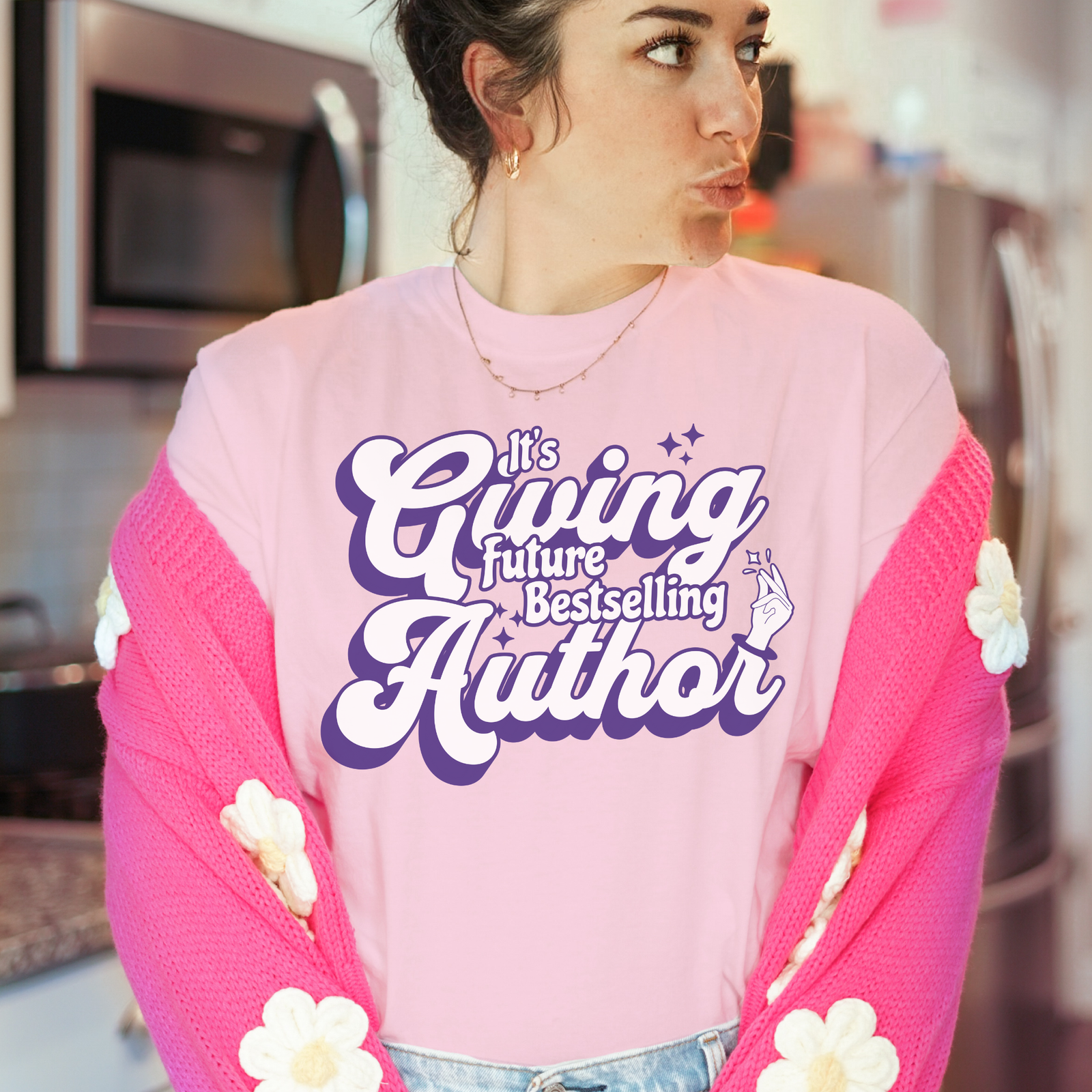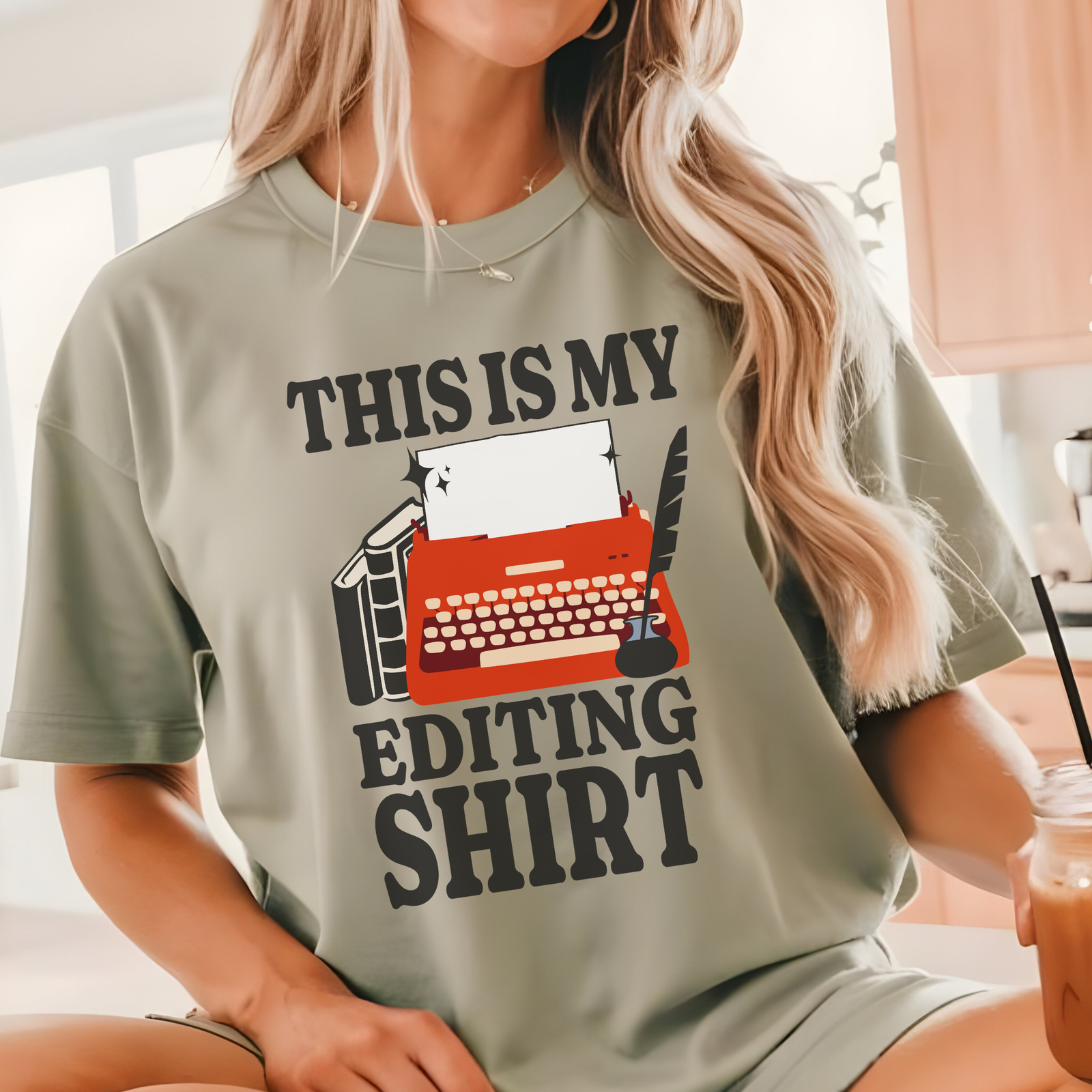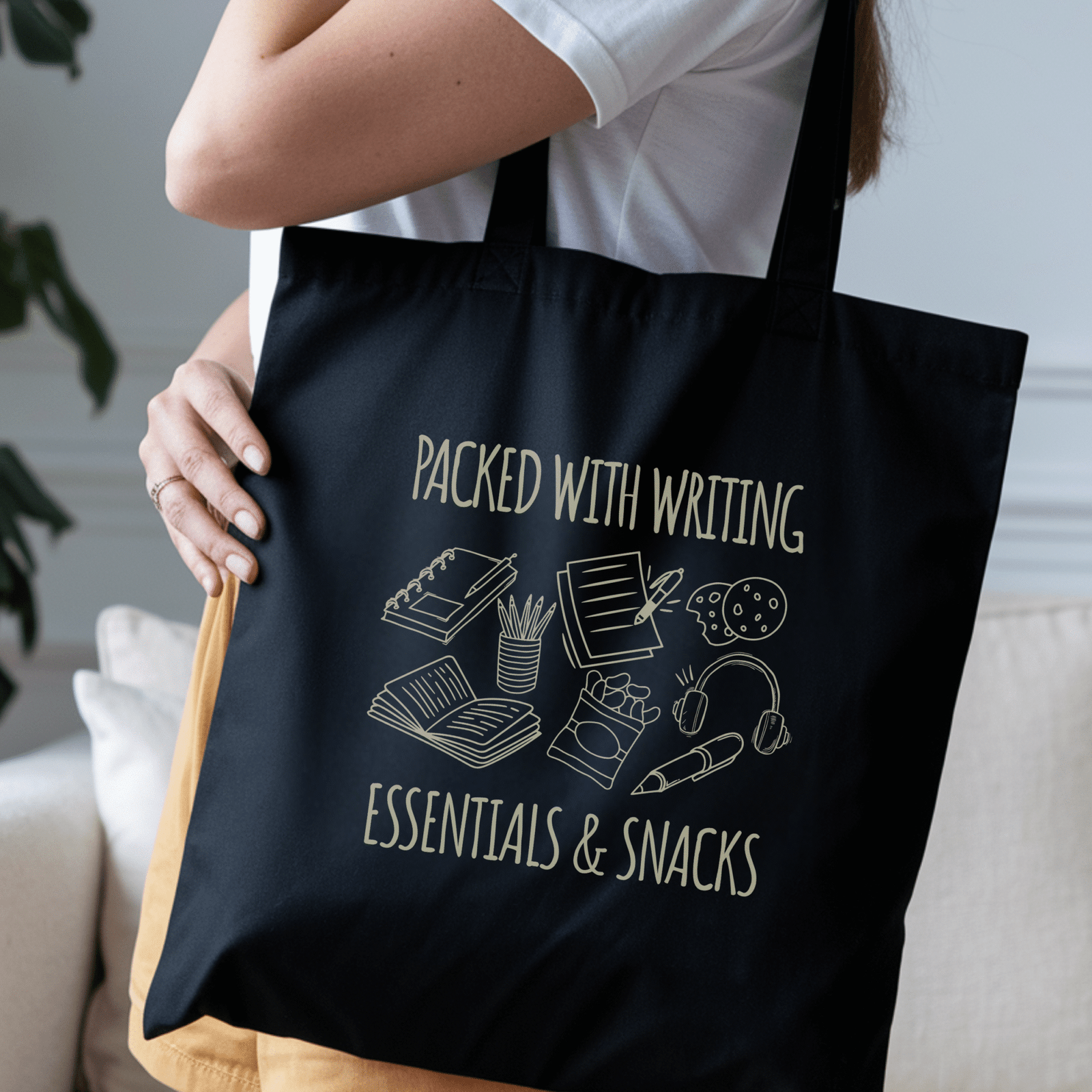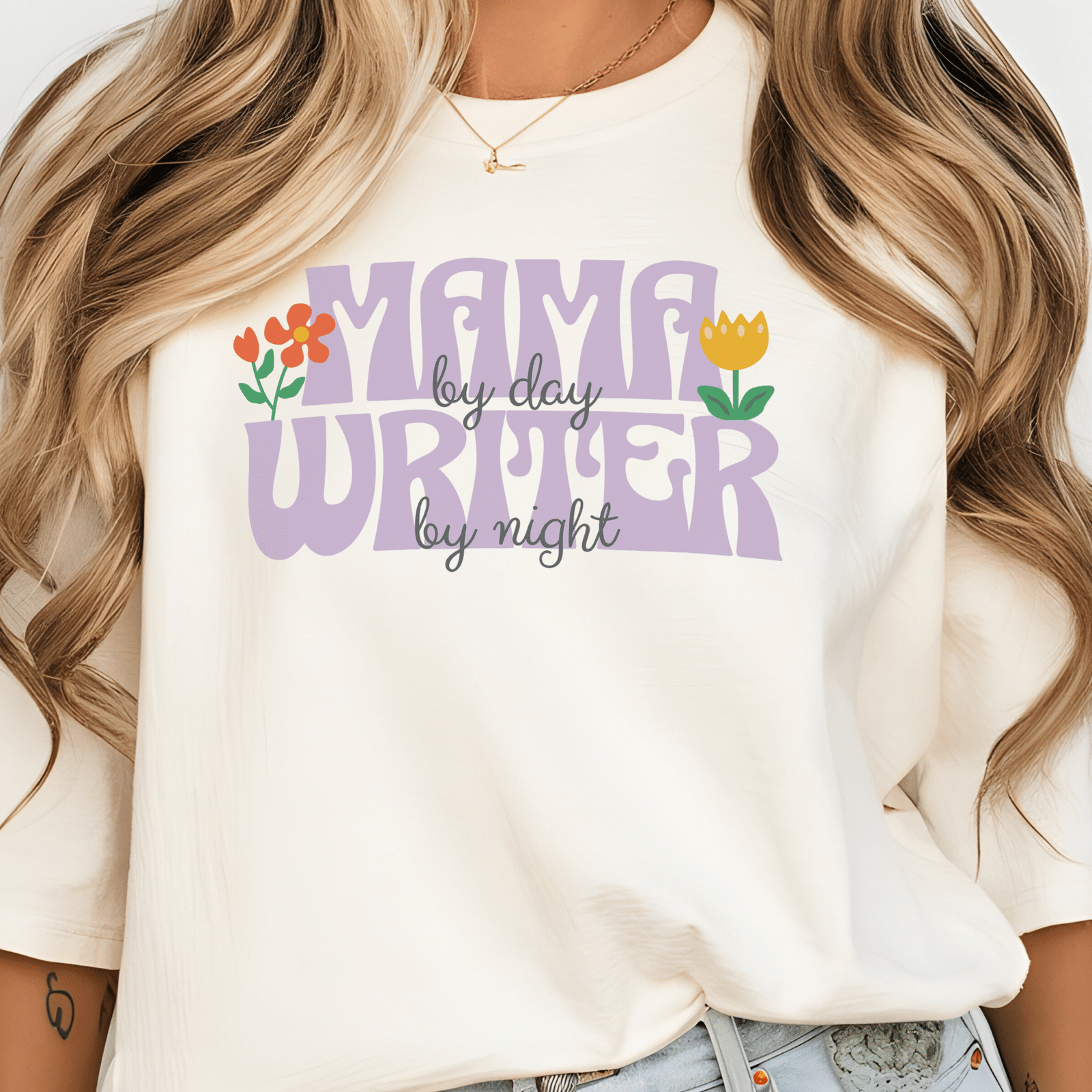As soon as your manuscript is ready for publishing, the next question that comes to mind is this: Should I use the free ISBN that Amazon KDP or Draft2Digital offers, or should I buy my own? In your mind, it’s likely there will be a free ISBN vs paid ISBN battle, and you will have to make a choice.
If you are unsure what an ISBN is in the first place, I have a blog post that explains and helps you understand its importance. You can read it here.
Choosing between owning your ISBN vs free ISBN may actually seem like a small decision. After all, an ISBN is just a string of numbers, right? But this choice actually has a big impact on your publishing freedom, credibility, and long-term control. Many authors don’t realize what they’re giving up when they take the free option, or how owning their ISBN sets them up for real independence as a publisher.
In this post, we’re breaking down the difference between a free ISBN vs paid ISBN and giving you five solid reasons why it’s worth it to get your own ISBN, especially if you’re serious about building a lasting author career.
Free ISBN vs Paid ISBN: What’s the Difference?
Let’s start with the basics: owning your ISBN vs free ISBN.
A free ISBN is issued by the platform you’re publishing through, like Amazon KDP, Lulu, or Draft2Digital. It doesn’t cost anything upfront, but it lists that platform as your book’s publisher. And once you accept a free ISBN, it can only be used on that platform. You can’t take that edition to IngramSpark or distribute it widely elsewhere. You’re locked in.
A paid ISBN is one that you purchase yourself, from Bowker (if you’re in the U.S.), Nielsen (U.K.), or your local ISBN agency (depending on your country). When you buy your own ISBN, you are listed as the official publisher. You can use that ISBN across multiple platforms and formats, and you’re not tied to any single distributor.
Reasons Why You Should Get You Own ISBN
1. You Control Your Book’s Publisher Identity
When you use a free ISBN, Amazon or another publishing platform is listed as your book’s publisher publicly. That might seem harmless, but if you’re trying to build a reputation as a professional author, this matters.
When you get your own ISBN, you’re the publisher of record. That name, your name or your imprint (publisher name or business name), shows up in databases, bookstore listings, library catalogs, and even Google Books metadata. It tells the world this isn’t just a hobby project. You’re taking ownership of your work.
Having your name as the publisher reinforces your brand, gives you full control over how your book appears online, and sets a more professional tone with reviewers, booksellers, and distributors.
2. You Keep Your Publishing Independence
Free ISBNs often come with hidden strings. The biggest one? Platform lock-in.
When you use a platform-issued ISBN, your book is generally locked to that service. Want to print with IngramSpark and Amazon KDP? You’ll need to assign a new ISBN and possibly reformat the files, which creates more work and confusion.
Owning your ISBN gives you full independence. You can publish the same book across multiple platforms, like Amazon, IngramSpark, Kobo, Apple Books, and more, without having to issue a new ISBN or juggle duplicate versions. This means more freedom, and fewer publishing headaches down the road.
3. Easier Book Distribution and Global Reach
If you ever want to get your book into libraries, bookstores, schools, or wholesalers, having a platform-issued ISBN can actually get in your way.
Many institutions require that ISBNs trace back to a registered publisher, not a self-publishing platform. Free ISBNs from KDP or Draft2Digital often don’t show up correctly in global databases like Bowker or Nielsen BookData.
When you own your ISBN, your book is fully cataloged and easier to distribute globally. Wholesalers can find and order your title. Independent bookstores can look it up. And librarians can include it in their systems without flagging it as platform-restricted.
Basically, owning your ISBN makes your book more findable and more buyable.
4. You Appear More Credible to Reviewers and Industry Pros
If you plan to pitch your book to bookstores, libraries, or professional reviewers, they’ll often check who the publisher is. Seeing “Amazon KDP” or “Draft2Digital” as the imprint can signal self-published status, and some outlets may pass on reviewing or stocking it.
When you own your ISBN, your name or imprint shows up as the publisher, giving your book a cleaner, more credible presentation in industry databases.
5. You Maintain Full Rights and Flexibility if You Republish Later
Maybe one day you’ll sign with a small press, republish through a new distributor, or license your work internationally. If your book has a free platform-issued ISBN, you’ll likely need to unpublish and reissue the book under a new one. But when you own the ISBN from the start, that book is yours, no reformatting, rebranding, or relisting needed. It’s a smoother path forward no matter how your publishing journey evolves.
When Free Might Be OK, and When It’s Not
There are a few scenarios where a free ISBN might work just fine. If you’re only publishing on Amazon, don’t care about having a publishing imprint, or you’re testing out a short project (like a low-content book or early draft), the free route can be a good option.
But if your goal is to build a brand, grow your author business, or publish wide, investing in a paid ISBN is the smarter path. It gives you more control, fewer restrictions, and a clearer roadmap for growth.
A free ISBN might seem like a good deal at first, but what it saves you in money, it often costs you in flexibility and ownership.
To purchase an ISBN, you can check the official ISBN agency for your country here.

















